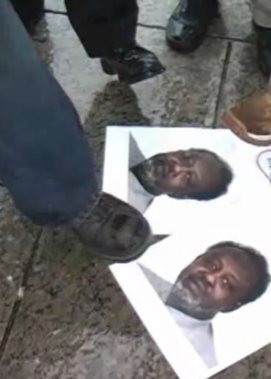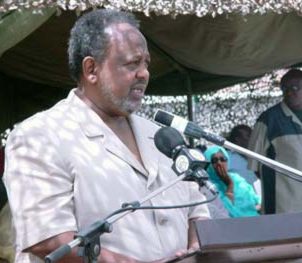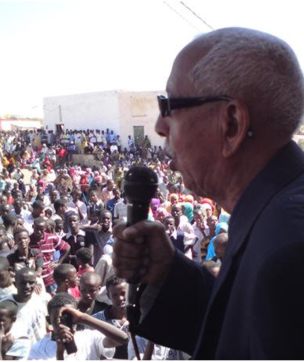|
Djibouti Politics | Human rights Djibouti opposition boycotts election
Djiboutian opposition leaders had until 8 March to put forward a candidate for the upcoming controversial elections. But according to government sources, not a single person has submitted their name to the Ministry of Interior.
Today, also Abdourahman Boreh - a prominent exiled Djibouti businessman who had announced his desire to stand candidate in the April election - announced that he had withdrawn his candidacy before the 8 March deadline. He said that he "had been given no indication that the elections were going to be free and fair." Mr Boreh said that he also "feared that his supporters would face intimidation, and possibly violence, at the ballot box given the recent demonstrations in Djibouti which saw police fire live bullets and tear gas at anti-government protestors." "I decided that the election was not going to be free and fair. If I, or any other opposition candidate had stood, we would have only been adding to the perceived legitimacy of the election - a legitimacy that it does not deserve," Mr Boreh said in a statement forwarded to afrol News. As a united opposition has implemented its election boycott, new anti-government protests are now planned. On 8 February, an estimated 30,000 anti-government protestors took to the streets of Djibouti City to call for
But the protest movement as lived on. On Tuesday, the first major demonstrations outside Djibouti City were held in the northern towns of Tadjourah, Obock and Balho. Here, thousands peacefully took to the streets shouting "No to the third term!" and "Guelleh, step down!" The UAD and four other Djiboutian opposition groups meanwhile informed the Ministry of the Interior that peaceful anti-government protests from now on would be held in central Djibouti City "each Friday from 14 to 18 hours." The Ministry yesterday in a formal reply prohibited the demonstrations, pointing to a decree by French colonial authorities issued in 1937. Going forward with the protests - "aimed at overthrowing government" - would put the opposition in a "radically illegal position," according to the letter from the Ministry. President Guelleh's People's Rally for Progress party has ruled Djibouti since independence from France in 1977. Mr Guelleh, first elected in 1999, amended the constitution in March 2010 to allow him to extend his rule by two more six-year terms. By staff writers © afrol News - Create an e-mail alert for Djibouti news - Create an e-mail alert for Politics news - Create an e-mail alert for Human rights news
On the Afrol News front page now
|
front page
| news
| countries
| archive
| currencies
| news alerts login
| about afrol News
| contact
| advertise
| español
©
afrol News.
Reproducing or buying afrol News' articles.
You can contact us at mail@afrol.com










